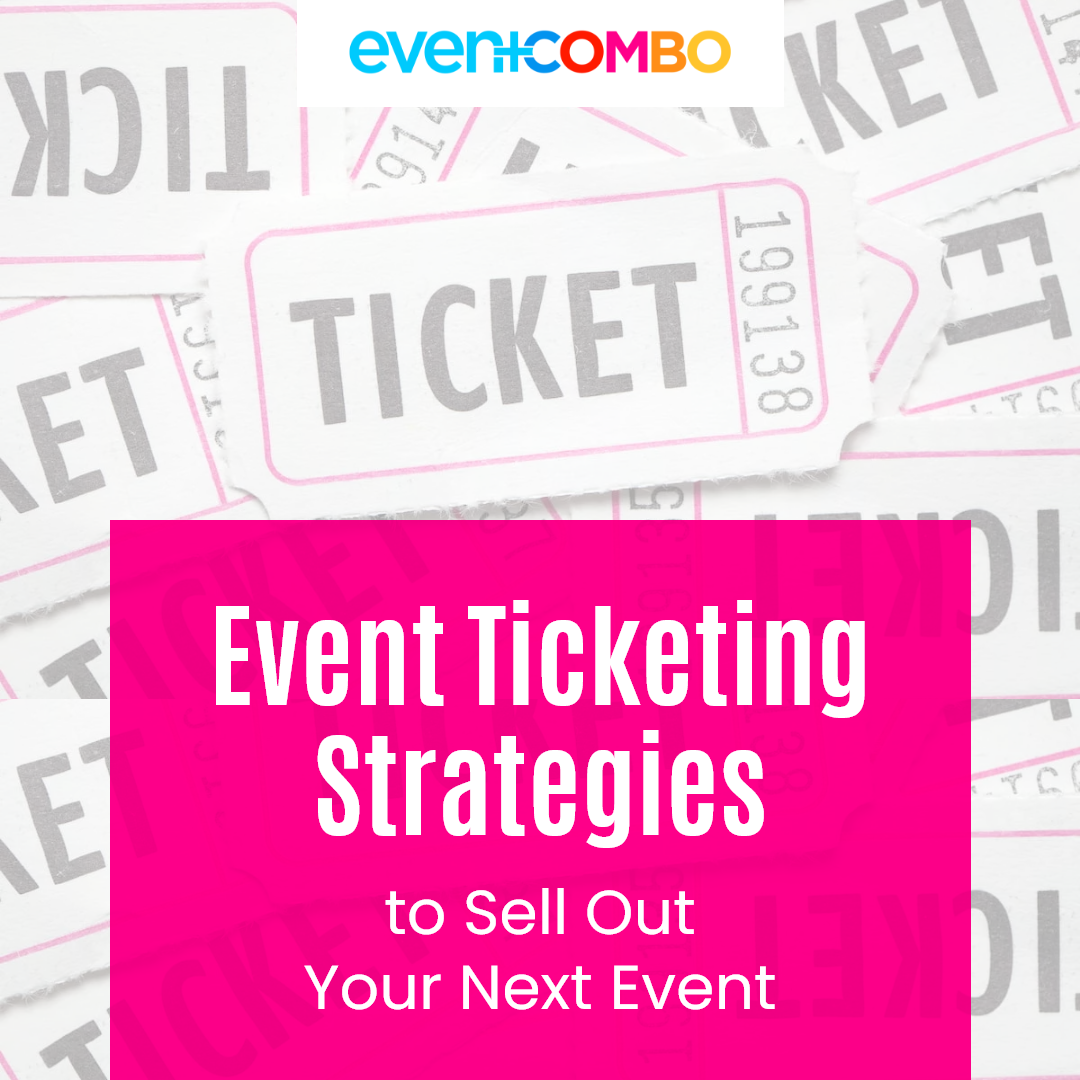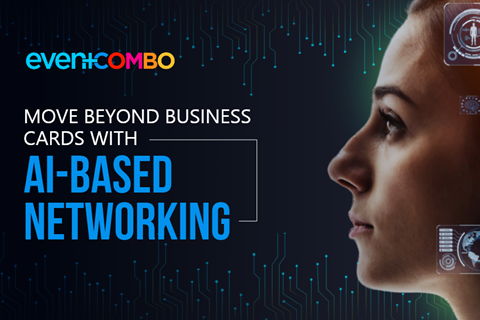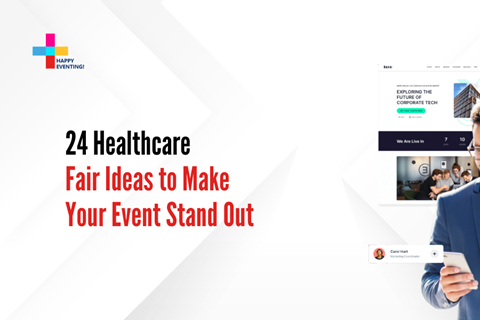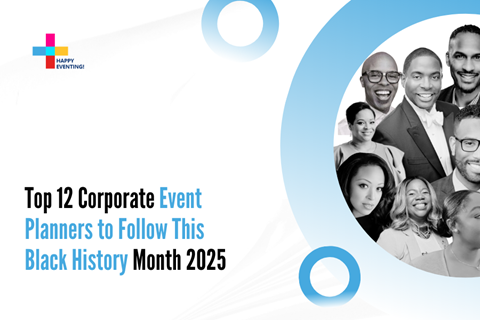

The event ticketing process is crucial because - drumroll please - REVENUE! It is one of the consequential ROI impactors and the backbone of event earnings. Isn't the whole event planning driven and focused on getting higher registrations and more ticket sales?
Some may disagree and vote for attendee engagement as the most important goal. But engagement strategies would be useless until there is a significant number of attendees to rub off event vibe with each other while networking, exchanging contacts, or just enjoying the program. Whether it is an exhibition or a conference, the more, the merrier (obviously not exceeding the venue capacity).
Lower attendee turnout is demotivating and can shake the foundation of your event budget.
On the brighter side, despite the slow economy, people are willing to pay for live events and experiences. So, to tap into the excitement of potential attendees, having the best event ticketing strategies is pivotal for your and your sponsors’ revenue planning.
Understanding the Ticket Sale Graph
The ticket sale typically achieves two peaks – one when the sale begins and another a week just before the event. Intrinsic planning is required to make sure the revenue stream doesn’t remain dependent on peaks only and is reasonably flowing throughout the event ticket lifecycle.
It is highly possible you already know about ticket sale graphs, but here are some successful event ticketing approaches that must be included to get the highest conversions.
8 Top Strategies to Drive Ticket Sales
If you’ve already been reading our blogs, you’d know we’ve been elaborating and advocating that event planning collaterals are entwined like a complex matrix. All activities are interlinked and dependent on each other and so is event ticket pricing, promotion, and after-sales building-anticipation strategy.
Here are some ideas for you to integrate effective methods into event ticket sale pricing, finding new buyers, and actually facilitating the sale.
1. Timing-Driven Impulse – The ticket sale peaks are driven by instincts, stimulated by timing. No doubt, buyers are dictating the sales process, but they need to know and delve into the product (tickets in this case) as soon as they see the first announcement. This is why the opening of the ticket window has the highest sale. A longer time gap between early promotion (to build anticipation) and the actual start of ticket sales can do more harm than good.
2. Sell Everywhere – Never marry a single social media platform for your event promotion which includes event ticketing. Your website, landing pages, CTAs, and checkout process must be simple and responsive to fit any device across geographies. Honestly, this isn’t a big task but often overlooked.
When we say sell everywhere, it also means every social media platform. Most people use at least two mediums and diving into the analytics of each is important to strategize in the right manner. Why leave anything to chance when you can get more people on board with equal or strategically planned promotions on all social media platforms? Twitter, Instagram, LinkedIn, or Facebook, the presence should be felt everywhere.
3. Lure Your TG with an Intelligent Game-Plan – Each phase wanes out at lightning speed, and before you know it is already E-day. There are so many incentive plans that can be spread over each phase to keep the revenue stream steady. Some of the proven event ticketing techniques to boost sales are listed below
Toward the end of the ticket lifecycle, you can prompt cashback offers or discounts on tickets to the next event. If you are a frequent event host, offering a discount on the next event tickets increases the chances of attendance at both events.
4. Marketing – Marketing your event includes syncing with Google Analytics and Performance. Nothing beats Google search results, so try to focus on detailed keyword research and optimization, an authoritative domain name, and valuable content that flows organically. If your budget allows, use every marketing trick under your belt and never underestimate the power of any marketing collateral. The more buzz your event has, the more people are curious which starts a FOMO cycle in the target audience.
5. Make It About More Than Just the Event – Give shout-outs for every event offering, like location, catering, sustainability goals, surprise networking groups, and takeaways, in addition to the core agenda. Use videos to promote these features as they increase the chance of clicks on CTA. Maybe the venue is exotic, the catering is from a renowned food truck or famous brewery chain where otherwise people would have to queue up to order, or a surprise post-event party with a celebrity guest. Identify your event USPs and promote them well!
6. Connect with Sponsors, Organizations, and Speakers – You might be surprised to see how hardcore outreach can do wonders for your event promotions and lead to more ticket sales. Connect with sponsors to help you with ticket sales by communicating the ROI impact clearly. There are organizations who fall under the same industry and can help promote your event from their platforms. (Adding a contest for selling highest tickets can make your event sold out even before you enter the last phase).
7. Categorize Tickets – Tiered pricing seems cliché but works! Having different access levels or categories of tickets with clearly marked inclusions increases the odds of ticket sales in all segments, mostly due to FOMO that each tier generates. Hear this out, for someone who wants to attend but is not willing to pay for the ticket (free virtual events have affected that though-process), sees a lower-tiered ticket (just admission charge), and VIP or extra inclusion ticket prices. They will compare the pros and cons of free entry vs admission ticket price and lowest ticket category vs highest one. We bet the higher ticket prices will re-direct their choice towards choosing basic admission tickets (try having some good feature access there as well) and there – sale executed!
8. Set a Price – It’s a common misconception that people are more inclined towards free tickets and are not always willing to pay for them. The Event Tickets segment is expected to show a revenue growth of 6.5% in 2024. This figure refutes the claim that only free tickets get more traction. People are on a rampage to attend live-experiences and in-person events, even if it comes at a cost.
Be confident to price your tickets that supports your profit statements, because ticket prices have a psychological effect. The attendees may consciously pay for VIP prices, and add-ons as it makes them feel they are actually gaining something and that a paid event would be more value-adding and deliver a great experience.
Optimize your event ticketing strategies with our feature-rich event management software - https://www.eventcombo.com/enterprise

Networking is one of the most valuable ways to discover boundless opportunities and for 77.7% of business professionals , in-person conferences open a greater scope to make rewarding connections.

When planning a healthcare fair, the goal goes beyond booking a venue and sending out invites. You’re creating an event that brings together healthcare professionals, researchers, and exhibitors, all seeking value and...

Diversity and inclusion are at the heart of the events industry, where planners are focused on creating experiences that bring together people from all walks of life.